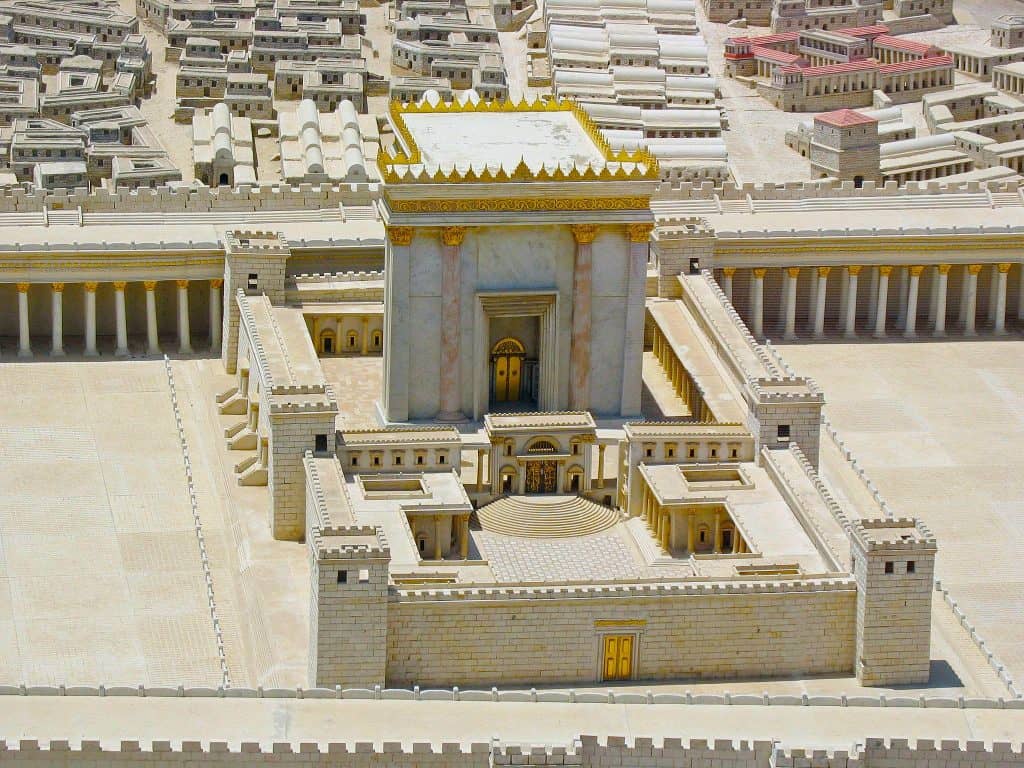Elephantine, an island in the Nile River near Aswan in southern Egypt, has a unique and historically significant Jewish presence dating back over 2,500 years. The Jewish community on Elephantine is one of the oldest in the world and offers valuable insights into the life and customs of Jews in ancient Egypt.
Second Jewish Temple

Historical Background:
Ancient Jewish Settlement:
The Jewish presence on Elephantine dates back to the 6th century BCE, during the Achaemenid Empire (Persian Empire). The Jewish community was established on the island, likely by military personnel or traders, and built a temple there known as the Elephantine Temple.
The Elephantine Papyri:
One of the most remarkable discoveries from Elephantine is the Elephantine Papyri, a collection of ancient Jewish documents, which include legal, administrative, and personal correspondence. These papyri provide valuable information about the Jewish community’s daily life, religious practices, and legal matters.
Religious Practices:
Furthermore, the Jewish community on Elephantine maintained their religious practices, including the observance of Passover and the use of Hebrew in their documents. However, there is evidence of syncretism, with the worship of deities such as Yahweh and the local goddess Anath.
The Elephantine Temple:
In addition, the Elephantine Temple was a central place of worship for the Jewish community on the island. This temple was unique because it operated independently, and the Jewish community conducted animal sacrifices there. This practice was distinct from the centralization of worship in Jerusalem.

Credit: Blueshade, CC-BY-SA-2.0, Wikipedia Commons.
End of the Jewish Community:
The Jewish community on Elephantine faced challenges, including conflicts with the local Egyptian population and pressure from other Jewish communities who adhered to more centralized worship. Ultimately, the Elephantine community and their temple were destroyed around 410 BCE.
Legacy and Historical Significance:
Lastly, the Jewish presence on Elephantine is a testament to the diversity and complexity of Jewish life in the ancient world. It challenges the notion of a single, unified form of Judaism and highlights the variations in religious practices among Jewish communities.
Furthermore, the Elephantine Papyri has been a valuable source for historians and scholars studying ancient Judaism and the biblical period. They shed light on this old Jewish community’s cultural, legal, and religious aspects.
Ultimately, the Jewish presence on Elephantine serves as a reminder of the long and diverse history of Jewish communities worldwide, with each community adapting to its unique environment while preserving its core identity. For more about the subject, go to Wikipedia.

